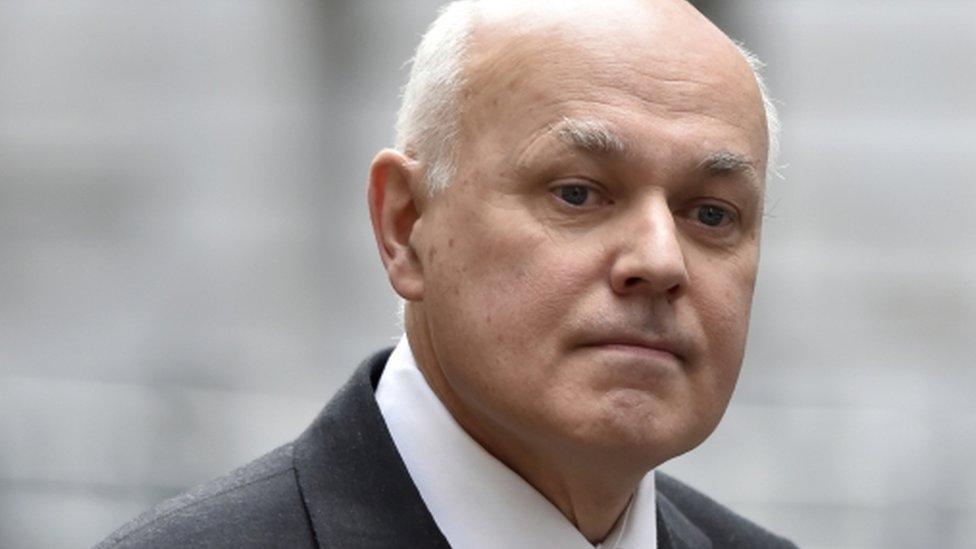Iain Duncan Smith urges PM to reverse Universal Credit cuts
- Published
- comments
Iain Duncan Smith urges PM to reverse Universal Credit cuts.
Former Work and Pensions Secretary Iain Duncan Smith is urging Theresa May to reverse cuts to Universal Credit.
Mr Duncan Smith, who quit days after the 2016 Budget, is urging the PM to postpone a plan to raise the income tax threshold to fund the move.
In 2015, cuts to the Universal Credit "work allowance" were announced - reducing the amount people could earn before benefit payments were withdrawn.
A government spokesperson said there were "no plans" to reverse the cuts.
Universal Credit's single payment replaces six current benefits, including Jobseeker's Allowance (JSA) and Employment and Support Allowance (ESA).
Mr Duncan Smith drove its introduction under the coalition government, although it was beset by delays, IT problems and an entire "reset" of the system, and was the subject of tensions between the Treasury and the DWP.
He argues the cuts to work allowance cost people up to £1,000 as they move off benefits into work.
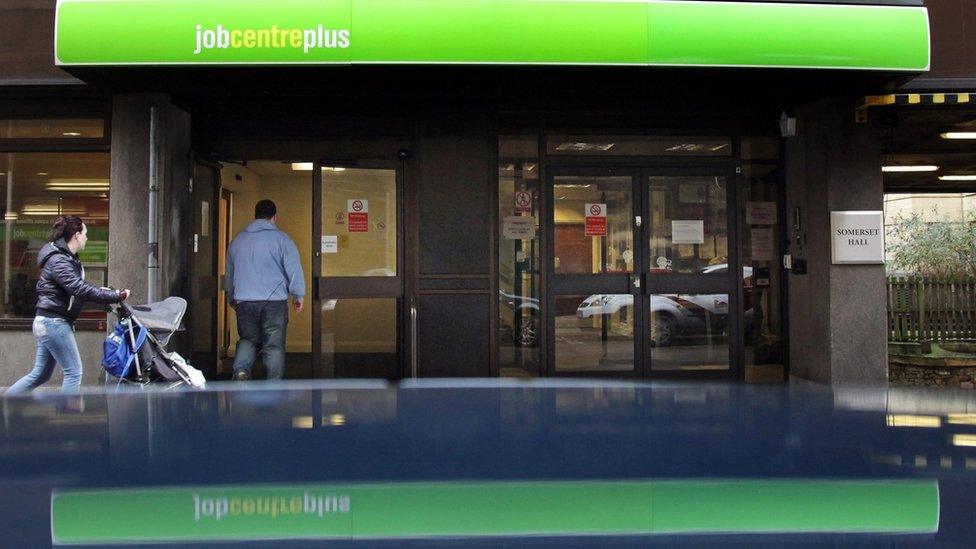
The Centre for Social Justice said reversing the cuts would put money in the pockets of low-paid workers
Now a backbencher, he chairs the Centre for Social Justice which is making the call to reverse the cuts made by former chancellor George Osborne - who was sacked by Mrs May when she became prime minister in July.
The CSJ is pointing to Mrs May's own words in her first speech as PM, external, in which she promised those who were "just managing" that "when it comes to taxes, we'll prioritise not the wealthy, but you".
Mr Duncan Smith argued that higher earners would benefit most from raising the income tax threshold - something the government has pledged to do by 2020 - and said the money should be spent on those who were "just about managing" instead.
'Make sure work always pays'
Speaking on BBC Radio 4's Today programme, the former minister said: "One of the key elements as you cross into work, the work allowances, those were all reduced. The problem with that is it means it is more difficult to get people into work and keep them in work.
"We want to get people into work, we want them to progress through work, but most importantly, we want to make sure work always pays."
He said raising the tax threshold for everyone would mean about 25p in every pound would end up with the lowest paid, while reversing the Universal Credit cuts was "a more direct way of delivering on Theresa May's statement, which was strong and powerful, to help those who try".
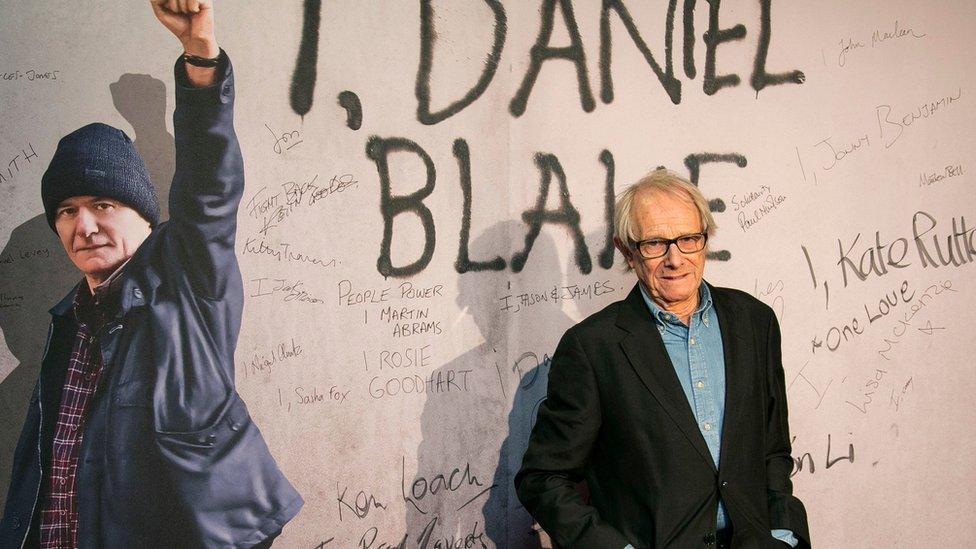
Film director Ken Loach has criticised the DWP in his latest film 'I, Daniel Blake'
The CSJ argues that £3.4bn cut from the Universal Credit budget by Mr Osborne would cost people up to £1,000 as they "transitioned" from Universal Credit into work, thereby undermining incentives to take a job and move off benefits.
The government says Universal Credit work allowances have been simplified and people are getting extra help to move into work, as well as benefitting from increased tax allowances, childcare support and the National Living Wage.
A spokesman for the DWP said: "There are no plans to revisit the work allowance changes announced in the budget last year.
"Universal Credit is transforming lives with claimants moving into work faster and staying in work longer than under the old system."
Mr Duncan Smith also defended his work at the DWP, following the new film by Ken Loach, 'I, Daniel Blake', which tells the story of a joiner in north east England on benefits.
Mr Loach appeared on BBC's Question Time on Thursday, criticising the system that tells "the most vulnerable people" that their poverty "is their own fault."
'Unfair on staff'
Mr Duncan Smith said he had "high regard" for Mr Loach but added: "Whilst on the one level this was a human story, full of pathos and difficulties, I think is the film has taken the very worst of anything that can ever happen to anybody and said 'this is life how it is lived'. I don't believe that
"Also, his portrayal of job centre staff was unfair. Yes, you will always get one of two, but the vast, vast, vast majority are there to work and help people. This idea that everybody is out to crunch you has really hurt a lot of job centre staff."
- Published3 February 2016
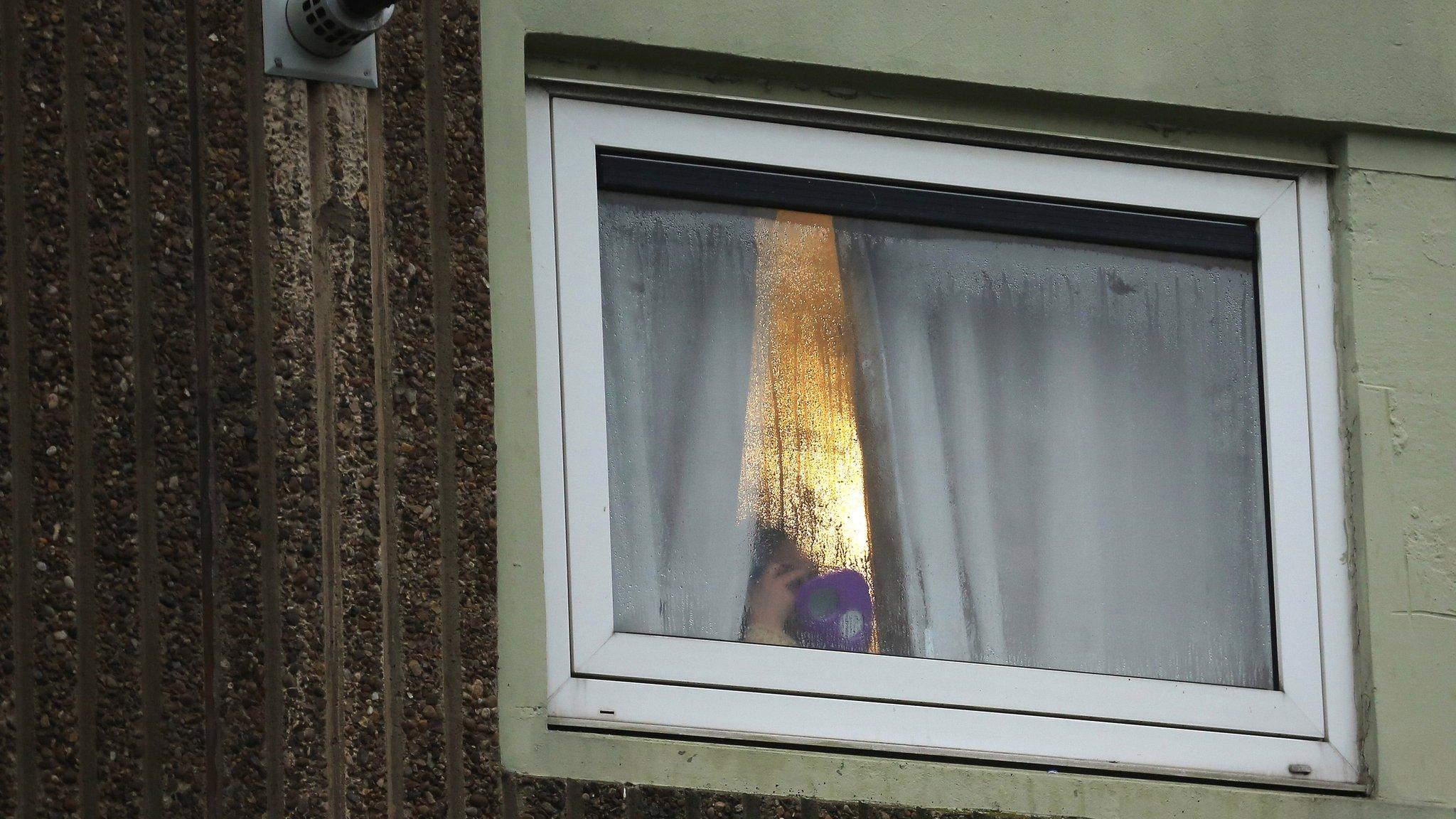
- Published15 February 2015
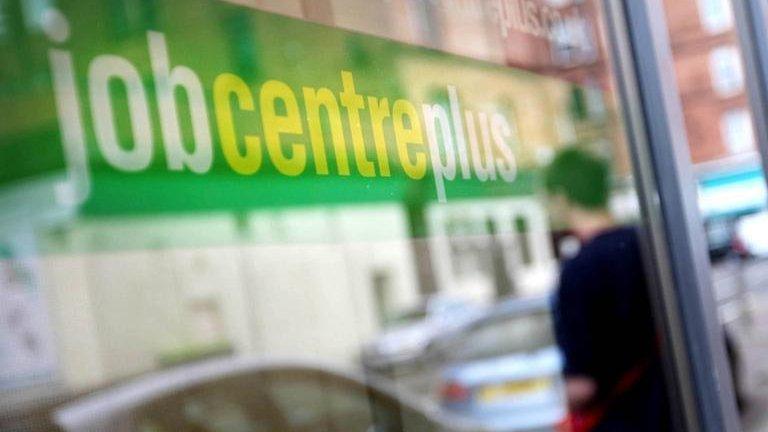
- Published3 May 2016
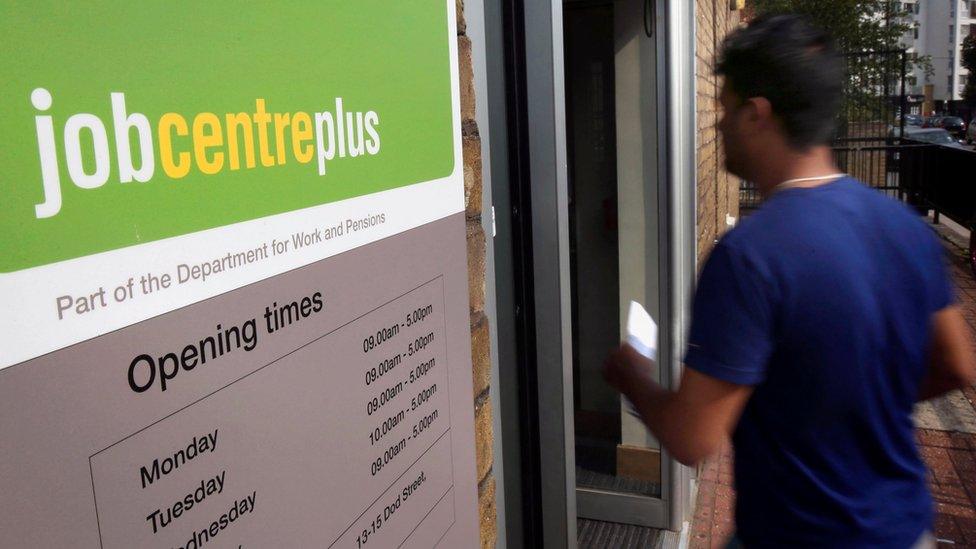
- Published19 March 2016
